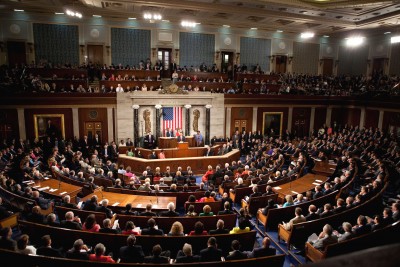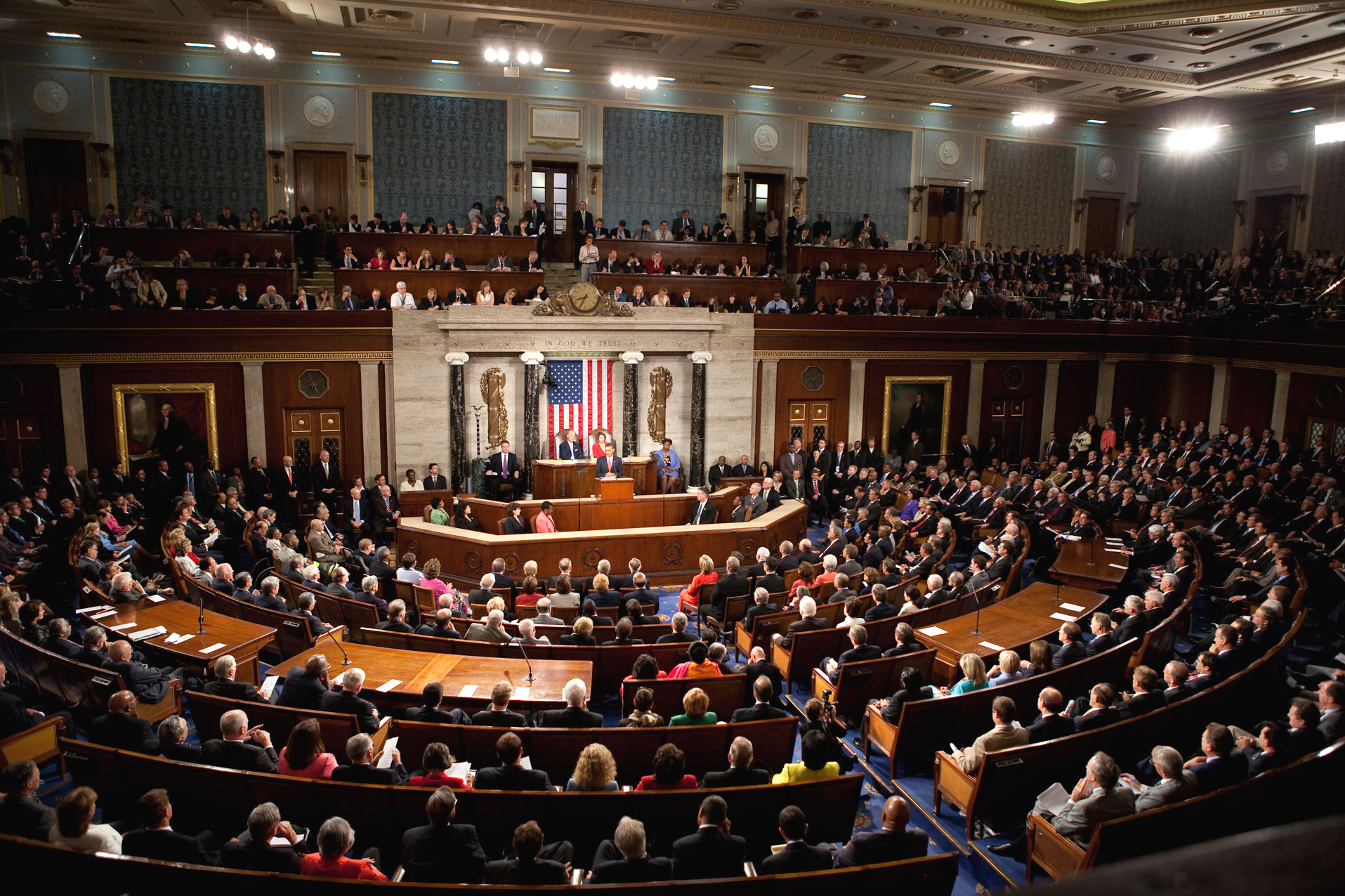
I’ve written before about my how my hesitance to involve myself in the Israeli political process stems from a larger phenomenon I’ve noticed of the increasing separation between Israeli Judaism (and Israeli-Jewish culture) and American Judaism.
Yet, the controversy over Prime Minister Netanyahu’s planned congressional speech and the upcoming Israeli elections are extremely important to my fellow young Jews and I, at least partially because we see this election and the events leading up to it as evidence of a tipping point in Israeli politics. At the root of this election is the potential to dramatically change things in Israel right now—and this time, that’s more than a cliché.
When Likud, Bibi’s party, is losing in the polls to a party that skews much further to the left on social-domestic issues, and even slightly further to the left on the Israeli-Palestinian Conflict (especially in regards to the settlements that, arguably were one of the reasons the government dissolved in the first place), we Americans feel that there is change on the horizon.
But what role do our opinions play in the Israeli political process? What role should they play?
I am not alone in my sentiment that the Israeli government does not speak for me or my opinions, but will that still apply after this election, when there is a chance — however small— that Likud will not be the ruling party in the government? Simply put, if the Israeli government does not speak for me now, with its hardline Religious Zionist policies that actively alienate many non-Orthodox Jews (or even Orthodox Jews who disapprove of these policies) and a precedent of expanding settlements even deeper into the West Bank, will it suddenly begin speaking for me and other progressively-minded American Jews?
The broader question here is: what role can and should, I, a comfortably Diasporic American Jew, have in Israeli politics, and to what extent does the Israeli government speak for me, even when I do agree with its policies? To what extent does this even matter?
Israel activism, it seems, is defined by the policies the Israeli government puts forth, but I am not a Zionist because of Likud, Labor, Meretz, AIPAC, or J Street (despite some of their best efforts). I am a Zionist, despite my reservations about examining the rise of the State of Israel outside of the context of the colonialism and romantic nationalism that is one of many reasons for the ire felt against Western countries in general, and Israel in particular, in the Middle East, because I believe in a fundamentally Jewish and democratic state. Yet, I also believe that I, as a Jew, can build a comfortably Jewish home anywhere. My living comfortably should not be constrained geographically to Israel and I, as an American Jew, feel equally bound to help Jews live in the Diaspora as I am to support the idea of a Jewish, democratic home. To me, Zionism dictates that I support both in equal measure.
And, to return to Bibi’s impending speech to Congress, part of why I am upset is that while I don’t believe I should have to feel strongly one way or the other about the Israeli political situation, I feel forced to because the Zionist conversation has developed into an inherently political one; if Bibi continues with his plan to speak before the elections in Israel, that election will prove politically divisive for American Jews. By speaking to Congress, Bibi is not just risking politicizing Israel to American Jews, but risks alienating Amercian Jews who do not, and should not, need to factor Israel into their political decisions. Thus, by making this speech, he is risking the support of many American Jews than perhaps he realizes.
Whether or not this matters to him is immaterial to me. What is more important, and what I find more troubling, is the general apathy (at best) that might result from Bibi’s speech, and outright hatred (at worst) that will be engendered by at least parts of our American-Jewish community. Bibi’s speech is not just about this one speaking engagement, it is about a much larger question we must ask ourselves about the role Israel should play in our political processes and decisions, and, perhaps equally (if not more) importantly, the role Israeli politics should play in how we imagine ourselves as part of a Jewish people.
Amram Altzman is a student at List College.

